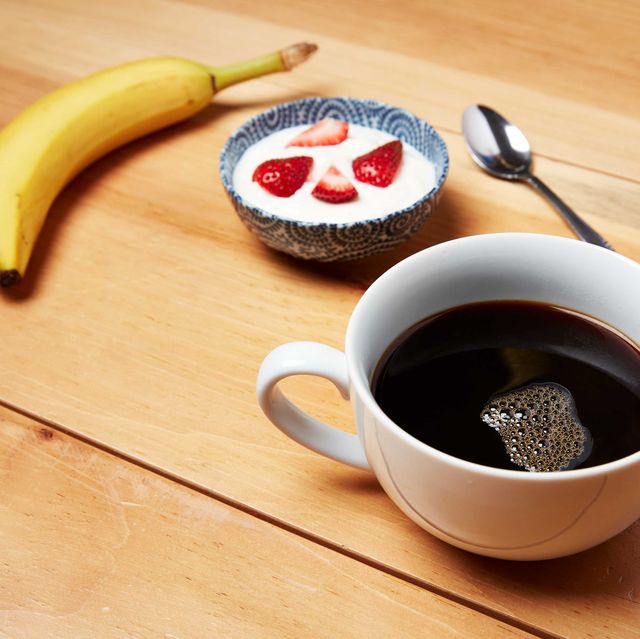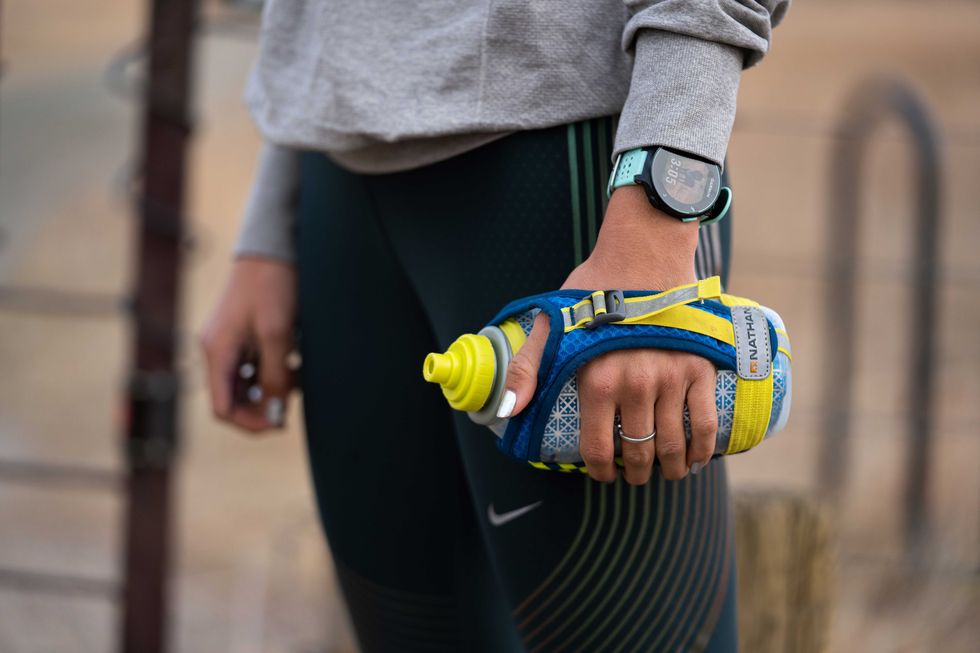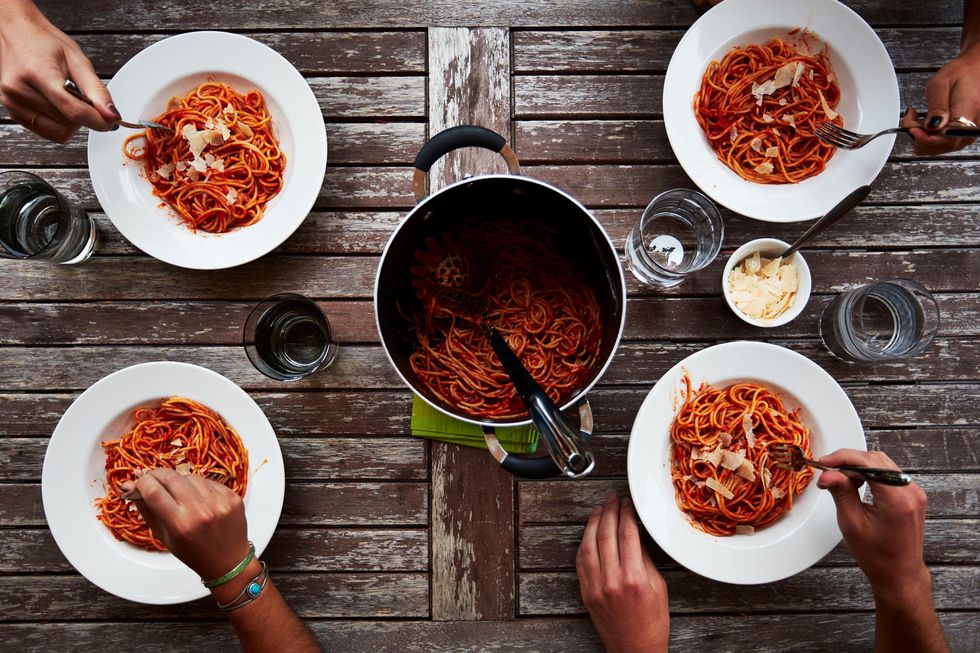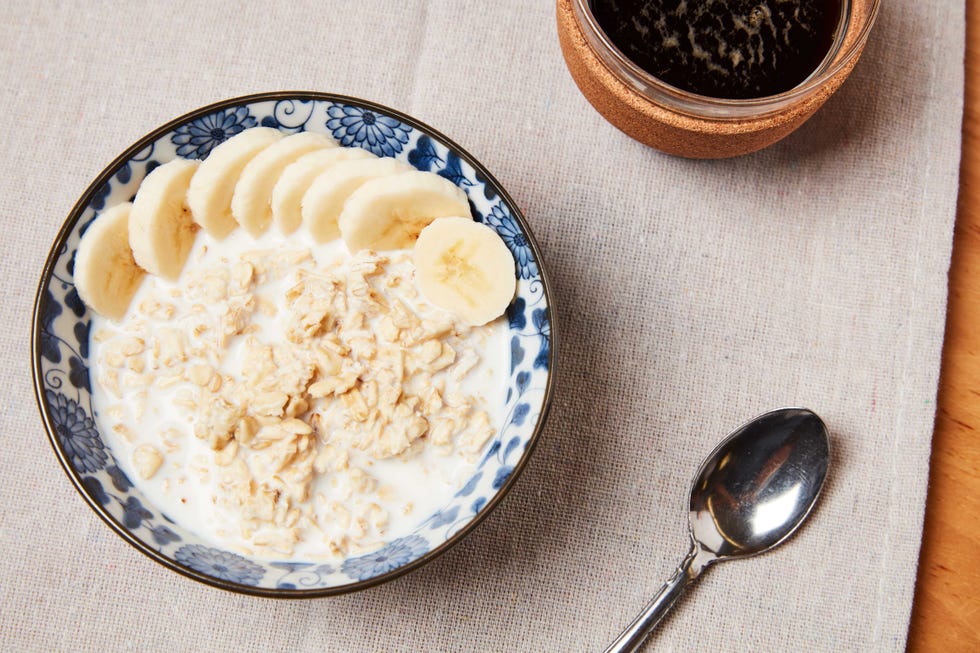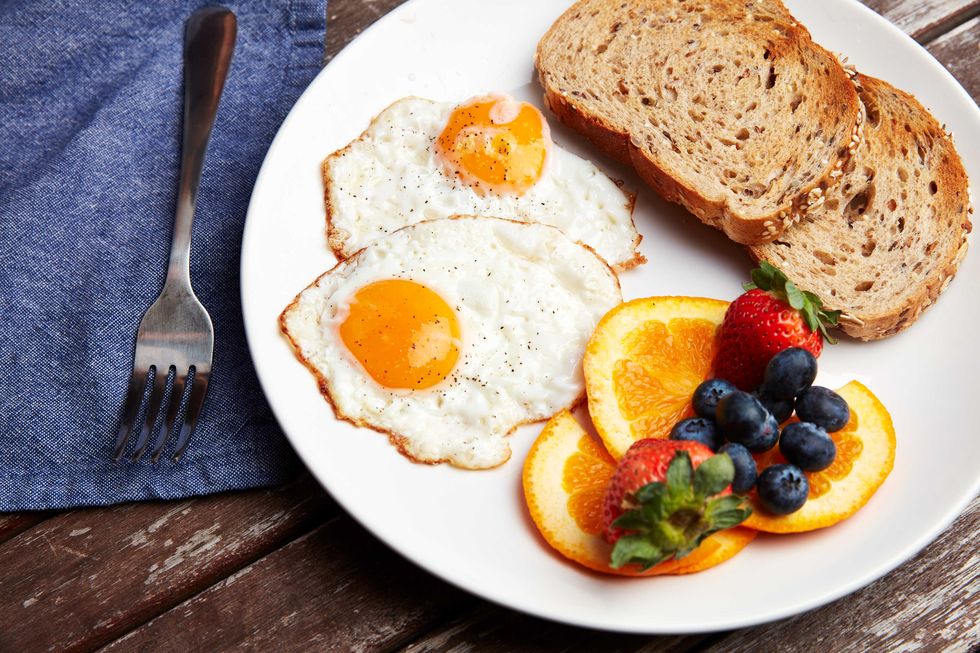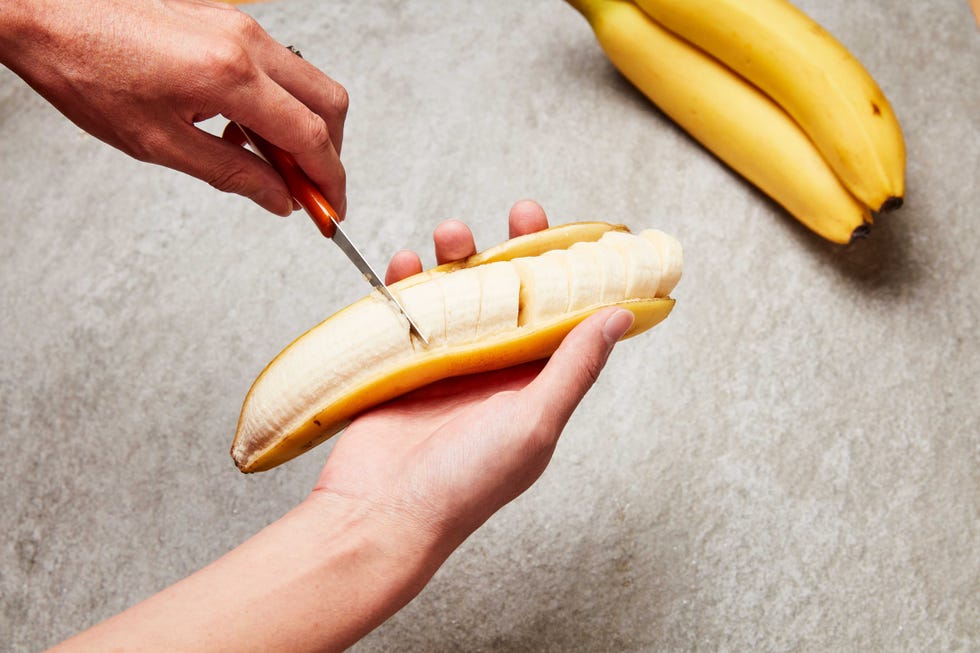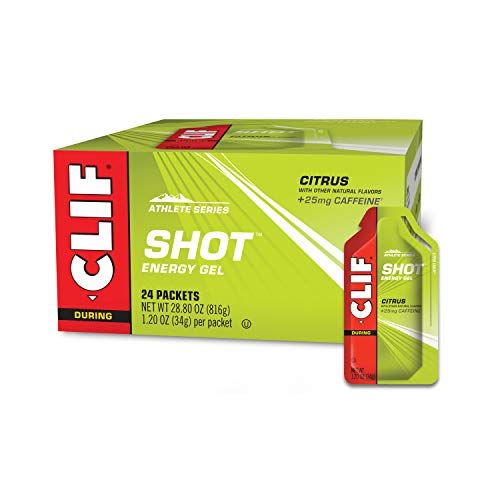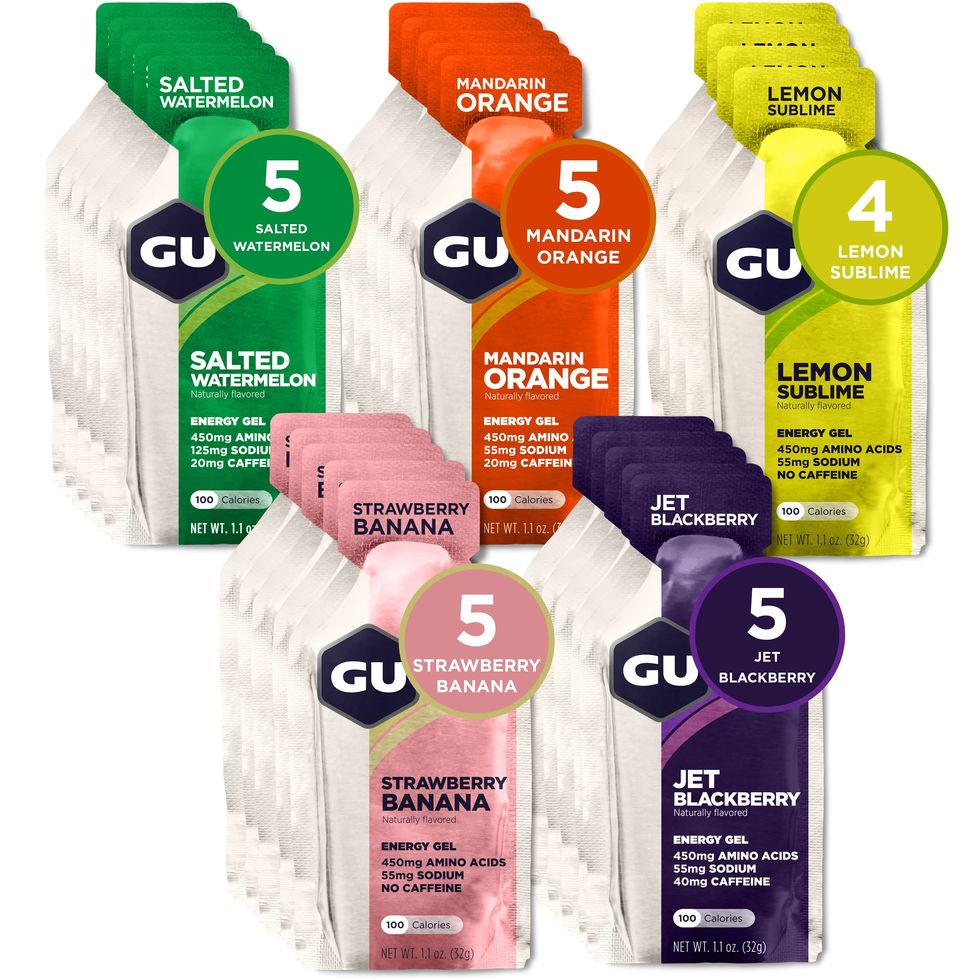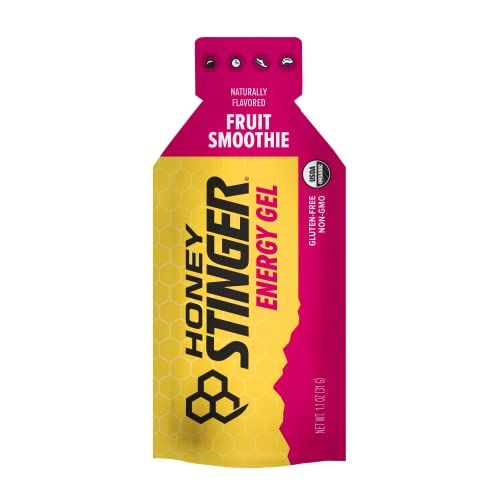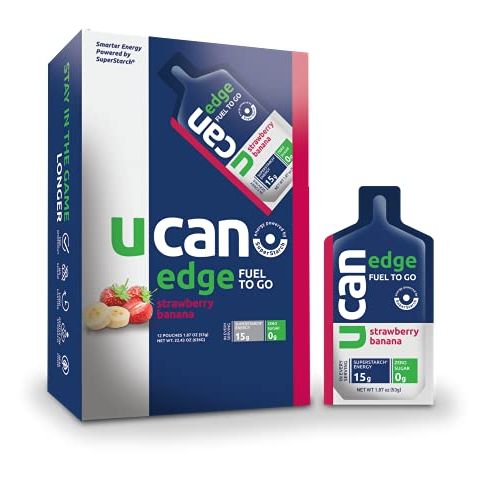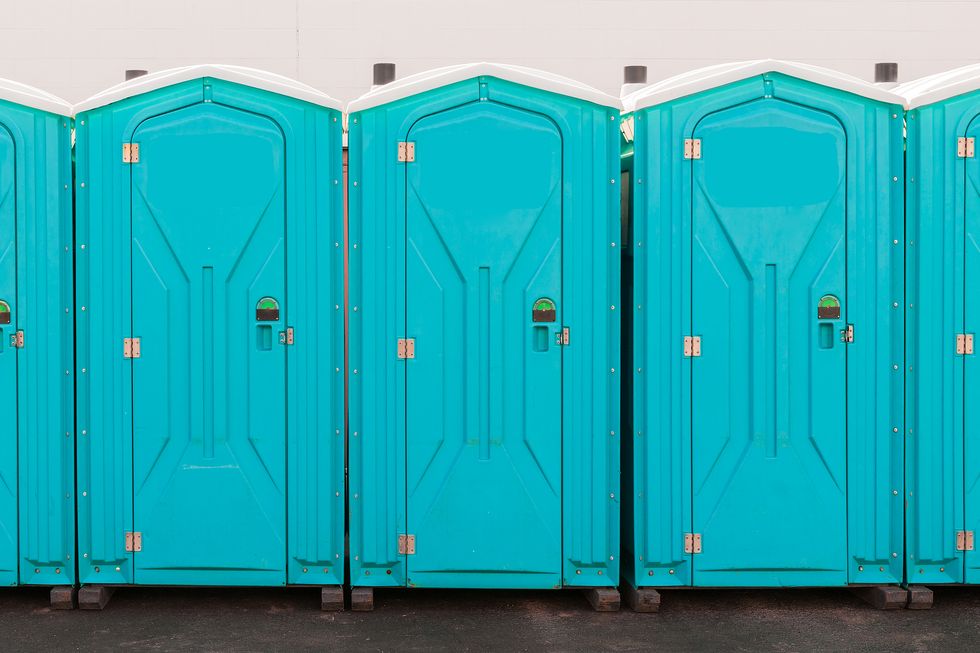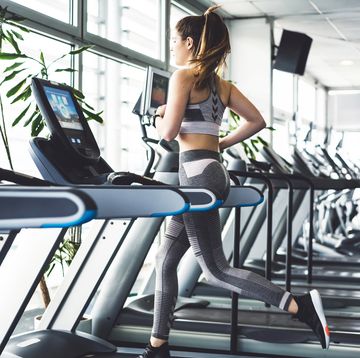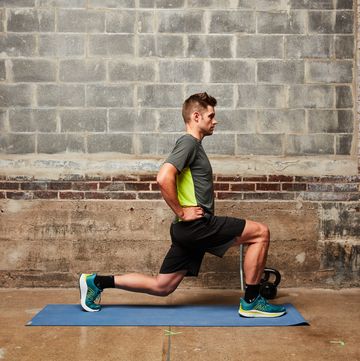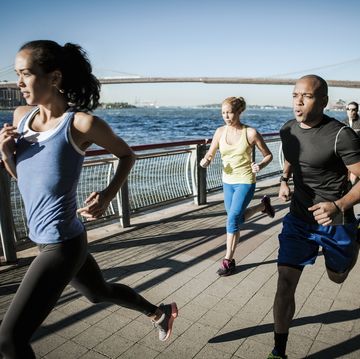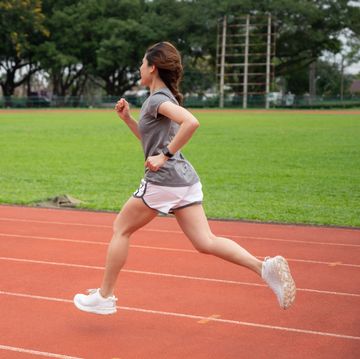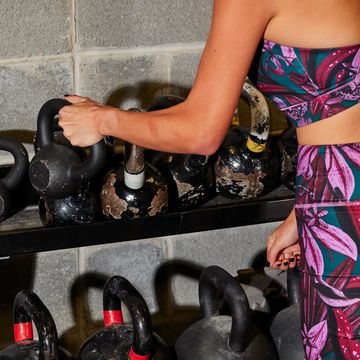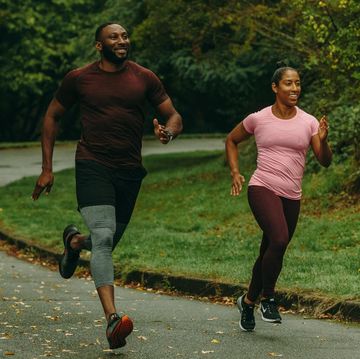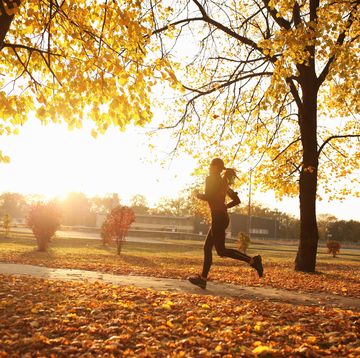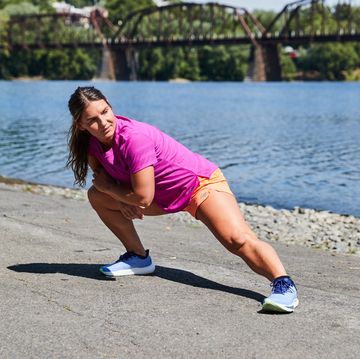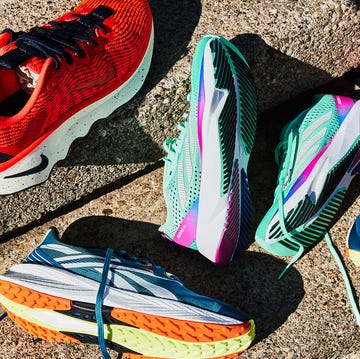If you want to have a great first 5K (or 50th for that matter), then you should never underestimate the power of food. The proper prerace fuel will help you stay energized throughout the race, without leaving you with stomach cramps or have you rushing for the bathroom.
So what’s best to eat before a 5K? These seven expert fueling tips will set you up for PR success.
1. Stay Hydrated
It’s best to sip water regularly throughout the days before the race. Avoid pounding the fluids right before the starting gun; this could you leave you feeling sick to your stomach or needing to take a break from the race to hit the bathroom.
And be sure to wash down your prerace meal with plenty of fluids. Aim to consume 17 to 20 ounces of fluids two to three hours before the race, and another seven to 10 ounces 20 minutes before the race begins. It’s okay to have coffee, tea, or a sports drink if you regularly drink those fluids before your runs and they don’t upset your stomach.
Join Runner's World+ for unlimited access to the best training tips for runners
2. Skip the Carb Load
The practice of carb-loading (increasing your intake of carbohydrate-heavy foods while cutting back on protein and fat in the days before a race) is geared toward events of 90 minutes or longer. And more than likely, you’ll be done with your 5K long before that! For a 5K, it’s likely that you have enough fuel already stored in your muscles—from a healthy prerace meal—to race your best without risking running out of energy.
If you attempt to carb-load before a 5K, you’ll end up with lots of calories that you don’t need, which could make you feel bloated, nauseous, and feeling like you have heavy legs by the time the starting gun fires.
3. Eat a Light Prerace Breakfast
If your race is in the morning, consume a 200- to 300-calorie meal one to two hours before the race. The majority of the calories should come from whole, unprocessed carbs. Keep the meal low in fiber and fat; both take a long time to digest. Aim for less than 10 grams of fiber per serving (or less if you have a sensitive stomach); limit fat to five to 10 grams. It’s also a good idea to stay away from the spicy stuff, which could upset your stomach. Read the labels of your favorite breakfast foods closely to make sure you’re taking in the right nutrients.
Experiment with different foods before training runs so you know what works (or doesn’t work) for your system, and there will be no surprises on race day. Here are a few ideas you can try.
- Bakery bagel with a small peeled apple plus eight ounces of sports drink.
- English muffin topped with two tablespoons of jam and a piece of fruit.
- Bowl of oatmeal topped with fruit and brown sugar.
4. Late-Day Race? Eat Light and Healthy
If your race is in the late afternoon or early evening, what you eat at breakfast and lunch will have a big impact on how you feel for the event. For breakfast, focus on carbs with some lean protein. You might try oatmeal with fruit, low-fat yogurt topped with fruit and granola, or a bagel topped with a scrambled egg and some fruit. Cereal is a great bet, but avoid high-fiber cereals (those with more than five grams of fiber per serving).
At lunch, avoid high-fat and high-protein items since they take longer to digest. You might have a cup of pasta tossed with some marinara sauce, plus a cup of skim milk. (Skip the cheese and buttery garlic bread.) Or you might try a turkey sandwich (hold the mayo and go easy on the veggie toppings) with a side of pretzels and a bottle of water. Avoid eating until you’re stuffed. You don’t want to arrive at the starting line still feeling full.
5. Have a Prerace Snack If You’re Hungry
If you feel hungry on the way to the race, have a small snack of 150 to 250 calories that quiets your hunger but without filling you up. You might grab a small banana or a handful of animal crackers. Or have some energy chews or an energy bar for quick fuel that’s easy to digest. Choose one that is high in carbohydrates and has less than 10 grams of protein and fat. Be sure to wash it down with seven to 10 ounces of water or sports drink.
6. Make Time for a Pit Stop
Plan to arrive at the race with enough time to hit the bathrooms before the race begins without feeling rushed. Arriving at least one hour before the starting gun fires should give you plenty of time.
7. Don’t Do Anything New
Whatever you consume, make it something that’s worked for you during your regular training runs. It should be something that makes you feel energized but doesn’t leave you with an upset stomach. Don’t try anything new; you don’t want your first 5K to be derailed by a pit stop.
